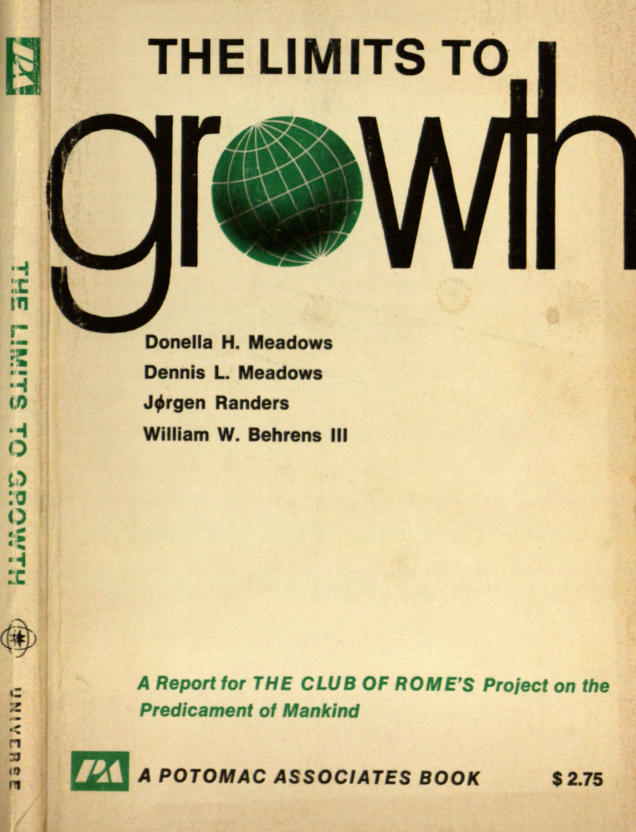 |
| Leia aqui |
quinta-feira, 31 de janeiro de 2019
quarta-feira, 23 de janeiro de 2019
«THE CIRCULARITY GAP REPORT 2019»
O SUMÁRIO EXECUTIVO COMEÇA ASSIM:
«Our world is only 9% circular and the trend is negative. The Circularity Gap is not closing. In the 12 months since the first Circularity Gap Report, the upward trend in resource extraction and greenhouse gas emissions has continued. All the key indicators confirm that the problems of a linear economy are ‘baked in’ to the global economy. Worse still, the engine of our linear global economy is stuck in reverse: we are heading in the wrong direction. (...)».
segunda-feira, 14 de janeiro de 2019
«THE LIMITS TO GROWTH»
«The message of this book still holds today: The earth’s interlocking resources – the global system of nature in which we all live – probably cannot support present rates of economic and population growth much beyond the year 2100, if that long, even with advanced technology. In the summer of 1970, an international team of researchers at the Massachusetts Institute of Technology began a study of the implications of continued worldwide growth. They examined the five basic factors that determine and, in their interactions, ultimately limit growth on this planet-population increase, agricultural production, nonrenewable resource depletion, industrial output, and pollution generation. The MIT team fed data on these five factors into a global computer model and then tested the behavior of the model under several sets of assumptions to determine alternative patterns for mankind’s future. The Limits to Growth is the nontechnical report of their findings. The book contains a message of hope, as well: Man can create a society in which he can live indefinitely on earth if he imposes limits on himself and his production of material goods to achieve a state of global equilibrium with population and production in carefully selected balance». Tirado daqui.
quarta-feira, 9 de janeiro de 2019
LEMBRAR | «Integrated Reporting for Universities»
«In the Spring of 2016 BUFDG began a project to understand how universities could adopt Integrated Reporting. It produced an abridged Integrated Reporting framework for HE, and assessed the annual reporting of six universities against the framework. The findings of the project were published in a project report in July 2016. The report is an excellent introduction to Integrated Reporting for Universities». Veja aqui.
Subscrever:
Comentários (Atom)


